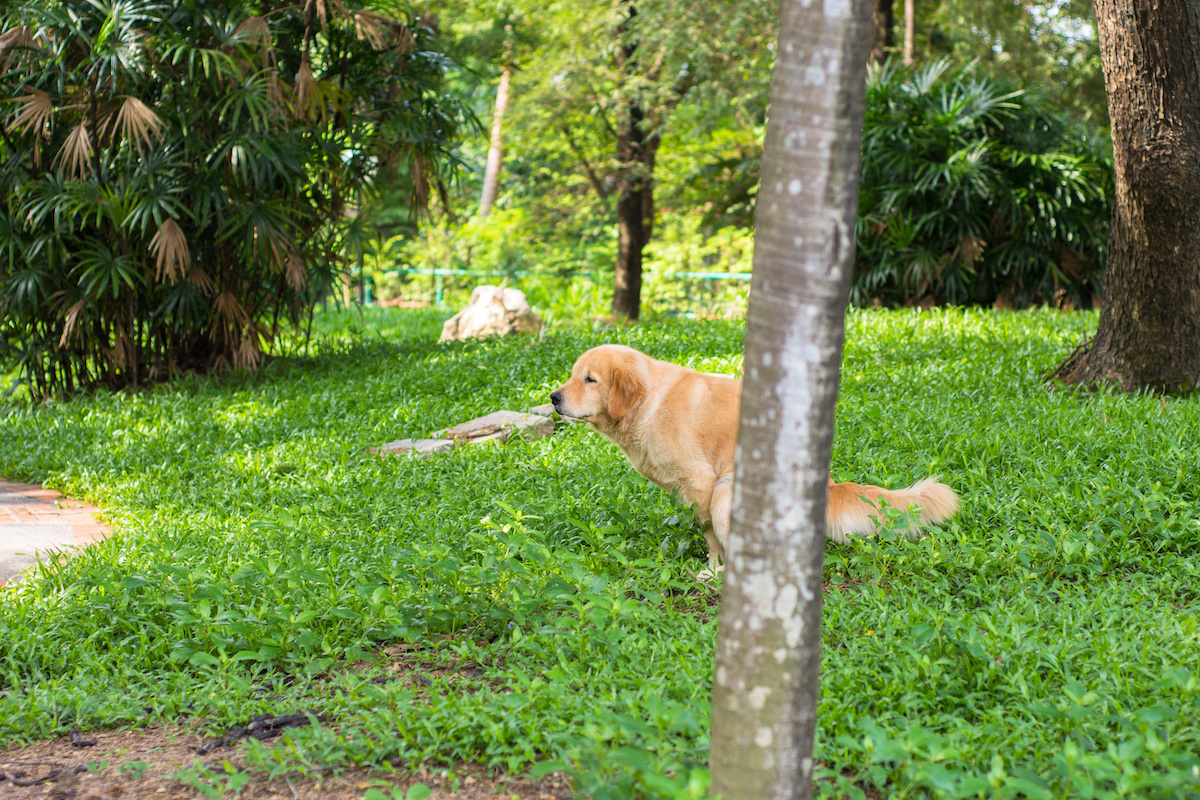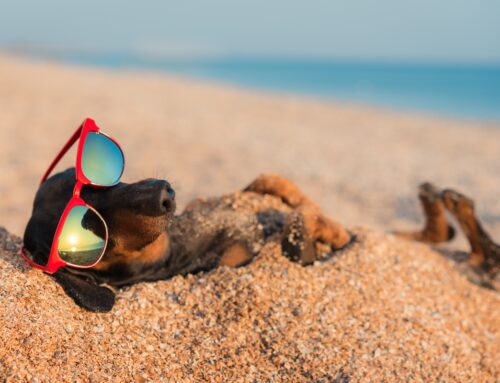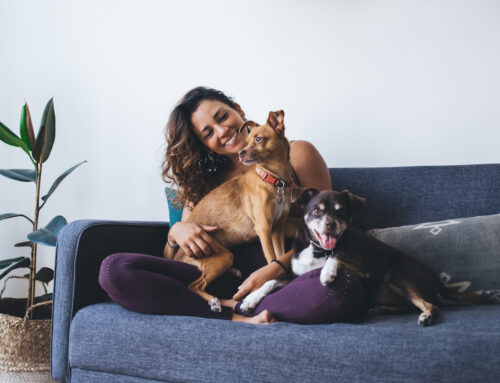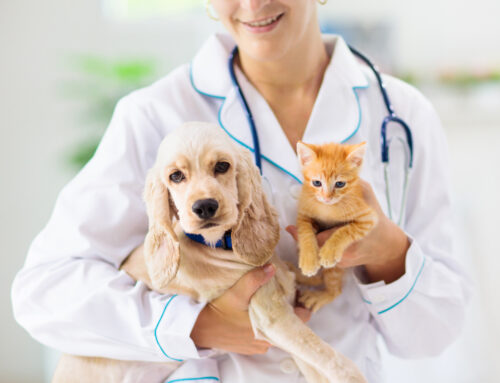Have you ever caught your dog eating poop and asked yourself, “Ugh, why do you do that?” Well, you are definitely not alone. Poop-eating is not exactly a hobby that you would consider ideal for your furry family member. Here’s everything you need to know about why dogs eat poop and what you can or should do about it.
Why Do Dogs Eat Poop?
Dogs eat poop for a variety of reasons. Some are normal and some are signs of an underlying issue. It’s uncommon for adult dogs to eat their own poop or another dog’s poop.
Poop-eating is normal in some situations. For instance, nursing female dogs will eat the poop of their young to keep their den clean.
However, there are dogs out there that eat poop outside these scenarios, and you’ll need to figure out what’s behind the habit. Eating their own poop or another dog’s poop is not common behavior.
What to Do If Your Pup is a Poop Eater
If your dog does this, you will probably run towards them and yell some form of “drop it.” When this happens, some puppies may be startled and will drop the poop and never touch it again.
Other puppies may interpret the yelling as an exciting invitation to play. As a result, they dart away, and then suddenly, an impromptu game of chase occurs.
Thus, poop eating continues because they think it’s a fun game to play with you.
Your dog may not even necessarily want to play but might simply want you to engage with them. This is then carried over as your dog becomes an adult as a learned behavior that gets them attention. It’s really difficult to not pay attention to your dog when they are eating poop.
Instead, make sure you are consistently keeping the area where the dog goes to the bathroom as clean as possible. Pick up the poop right after they go. The less opportunity the better to avoid poop eating.
Understand Why Your Pet Eats Poop So You Can Help Them Stop
If you have a dog or puppy that has taken an interest in poop, the best way to help them is to put systems in place that prevent them from practicing the habit. After you’ve determined why your dog eats poop, you can try these solutions based on the reasons behind the behavior.
For dogs that eat cat poop, make sure you put up a pet gate or door that allows the cat access to their litter box while keeping the dog out of that room. You can also place the litter box on a table that is longer than the box to allow a spot for them to jump up onto.
Poop may just appeal to their taste buds. There are dog chew products that are made to discourage dogs from eating poop that may change the taste of the poop. For puppies that like to eat poop, you will need to control their access to poop. When you are housetraining your puppy, take them out on a consistent schedule.
While they are eating the treat, you can quickly clean up the stool. This way, you’re not allowing your puppy any access and preventing the problem from occurring. You’re also positively reinforcing their potty training instead of punishing them for accidents. For confined dogs, we need to determine how to change some aspects of their confinement to help reduce their anxiety.
For dogs that exhibit anxiety and cannot be left alone, it can help to look into daycare or options for your dog to come to work with you. These dogs can benefit from seeking the help of a veterinary behaviorist or certified animal behaviorist. If a dog has learned to eat poop because they are scared of being punished by you for an accident, the first step is to stop using punishment and then take active measures to prevent them from having access to the poop.
When to See The Vet
When you have a puppy or dog that eats his own or other dogs’ stool, you should have your pet examined by your veterinarian. Coprophagy can be associated with diseases of the intestinal tract and sometimes other parts of the body (liver, brain, etc.). If your adult dog has never been a poop eater and suddenly develops the habit in association with symptoms of a disease, like weight loss, lethargy, discomfort, other behavioral changes, vomiting, or diarrhea, make an appointment with your veterinarian.
Other dogs may eat poop as a displacement behavior when they are anxious. If an anxious dog is confined, they may defecate and eat their own poop.
Some dogs may learn as a puppy to eat their poop if they have been repeatedly punished by their owners for defecating in the house. It’s a means of self-preservation to avoid getting in trouble for the mess.
Remain Patient and Positive in Your Approach to Remedy The Situation
Once the behavior has been established, it’s crucial that you remain patient and consistently use positive reinforcement to encourage alternative behaviors for your dog to perform other than eating the poop. When you have an adult dog that has been eating poop for a long time, then it’s very important that you go out with your dog whenever they need to defecate.
If your dog immediately turns around to eat their poop and does not listen to you, then you will need to keep your dog on their leash and lead them away as soon as they have defecated. To truly discourage their poop-eating habit, you will need to continue to manage your dog and restrict access to the poop to prevent a relapse.
The real key is to always offer plenty of praise and high-value treats to your dog when they choose not to immediately go for their poop. To help, you should find a super high-value treat that they only get in these scenarios. Using a head collar may be helpful to guide your dog’s head away from the fresh poop.
Looking for more information on how to help your pets? Check out our blog here.






